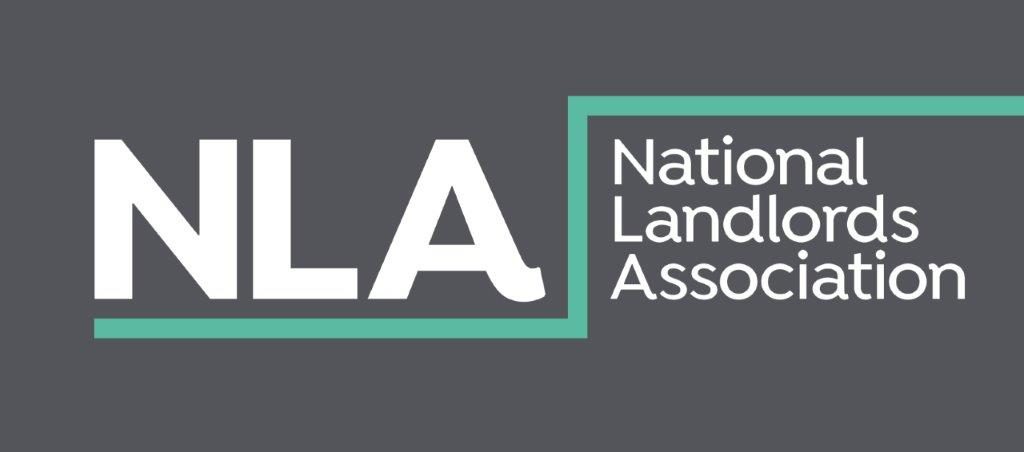For many homeowners, the question of space comes sooner or later. Whether it’s a growing family, the rise of working from home, or simply the desire to make the most of what you already own, the idea of a loft conversion can be both exciting and daunting. But beyond the practical benefits, there’s a bigger question at play: will converting your loft actually add value to your property?
At Hopewell, we work with homeowners across Bristol who are weighing up exactly this kind of decision. And while every home is different, there are some clear advantages – financial and otherwise – to taking your home to new heights.
Why More Homeowners Are Looking Upwards
In a city like Bristol, where space comes at a premium and gardens are precious, it’s no surprise that loft conversions have surged in popularity. They offer a clever way to unlock unused square footage without altering the footprint of your home. For many, that means gaining an extra bedroom, a much-needed home office, or even a master suite – all tucked neatly under the roof.
It’s a solution that feels less disruptive than an extension, and often comes with fewer planning headaches. But of course, there’s more to the story than just convenience.
The Value Uplift: What the Numbers Say
One of the most compelling reasons for converting your loft is the potential boost to your home’s market value. According to property platform Resi, a well-designed loft conversion can add up to 20% to the value of a home – especially if it includes a new bedroom and bathroom. Similarly, data from Unbiased suggests that homes in popular urban areas, like Bristol, can see substantial value increases when a loft is transformed into usable, attractive space.
Of course, the exact value added depends on the type of home you have, the quality of the work, and how well the new space fits within the property. A dormer conversion on a mid-terrace in Bishopston, for example, might yield different returns than a hip-to-gable conversion in a detached home in Redland. But across the board, a loft conversion ranks consistently high on the list of home improvements that offer strong returns.
What to Consider Before Taking the Plunge
While the potential rewards are clear, it’s important to go into a loft conversion project with your eyes open. First and foremost, you’ll want to check whether you need planning permission – though in many cases, loft conversions fall under permitted development rights, especially if you’re not altering the roofline too dramatically.
Next, there’s the question of cost. According to Unbiased, the average loft conversion can range from £40,000 to £70,000, depending on complexity and size. A basic room-in-roof might sit at the lower end of that range, while a full dormer or mansard conversion with an en suite could be at the higher end.
Beyond the finances, there are practical design considerations too. Will you need to raise the roof height? Where will the staircase go? Is there enough natural light? These are questions best explored with an architect or specialist, and ideally with your future plans in mind – especially if you’re thinking of selling in the next few years.
Is It Worth It Compared to Other Improvements?
Homeowners often weigh up a loft conversion against other options, such as a kitchen extension, a garden studio, or even a full renovation. Each has its own appeal – but loft conversions have a distinct edge when it comes to return on investment. That’s because they make use of space that’s already there, usually without encroaching on valuable outdoor areas or requiring expensive groundwork.
In many cases, a loft conversion adds both functional space and desirable features that buyers actively seek out. An extra bedroom can change a two-bed into a three-bed, or provide that essential home office that’s become a must-have in recent years. These are the kinds of upgrades that not only make your home more liveable, but also more sellable.
Thinking of Selling? Hopewell Can Help
If a loft conversion is part of your long-term plan to sell, it’s worth thinking about how you’ll position your upgraded property in the market. At Hopewell, we’ve helped many Bristol homeowners maximise the return on their investment by highlighting these improvements to prospective buyers.
From professional photography that showcases your new space, to local market expertise that ensures your home is priced and promoted strategically, we can make sure your loft conversion truly pays off – not just in comfort, but in final sale price too.
Final Thoughts
A loft conversion isn’t just about creating more space – it’s about unlocking the full potential of your home. Whether you’re staying put or planning to sell, it’s one of the smartest ways to invest in your property’s future.
But it’s not a decision to rush. Take the time to understand what’s involved, weigh up the costs, and think about your long-term goals. And when the time comes to put your improved home on the market, Hopewell is here to help you every step of the way.
Ready to make your next move? Get in touch with Hopewell today for expert advice on selling your home – and making the most of your loft conversion investment.






